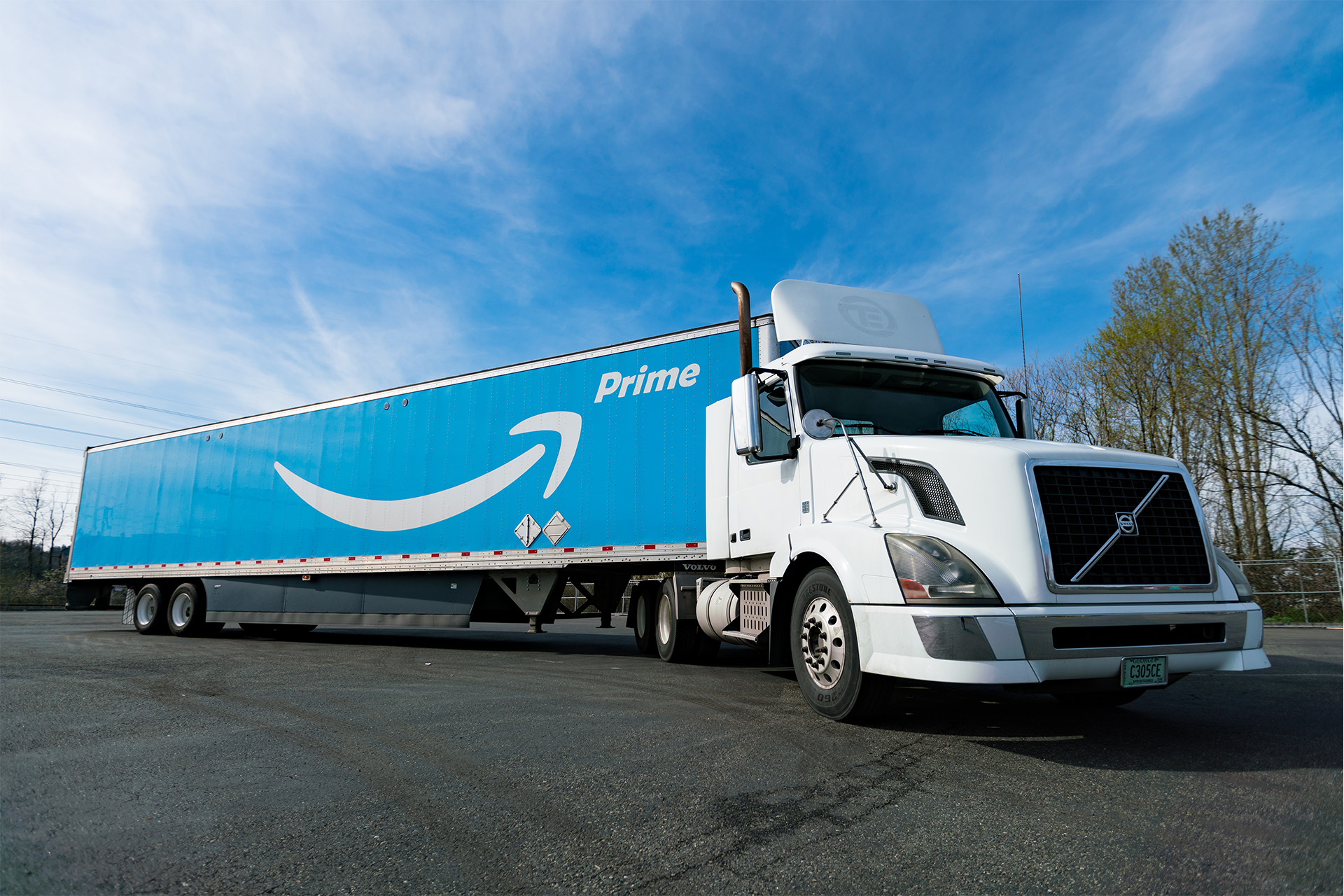The United States Federal Trade Commission announced it and 17 state attorneys general are suing Amazon, alleging the company is a monopolist that uses a set of interlocking anticompetitive and unfair strategies to illegally maintain its monopoly power.
The suit contends Amazon’s actions allow it to stop rivals and sellers from lowering prices, to degrade quality for shoppers, to overcharge sellers, to stifle innovation and to prevent rivals from fairly competing with it.
Amazon responded with a statement from David Zapolsky, the company’s senior vice president, global public policy and general counsel:
Today’s suit makes clear the FTC’s focus has radically departed from its mission of protecting consumers and competition. The practices the FTC is challenging have helped to spur competition and innovation across the retail industry, and have produced greater selection, lower prices and faster delivery speeds for Amazon customers and greater opportunity for the many businesses that sell in Amazon’s store. If the FTC gets its way, the result would be fewer products to choose from, higher prices, slower deliveries for consumers, and reduced options for small businesses, the opposite of what antitrust law is designed to do. The lawsuit filed by the FTC today is wrong on the facts and the law, and we look forward to making that case in court.
Amazon’s size isn’t the factor that sparked the suit, the FTC maintains. The FTC claims Amazon engages in exclusionary conduct preventing current competitors from growing and new competitors from emerging by stifling competition on price, product selection and quality; and by preventing its current or future rivals from attracting a critical mass of shoppers and sellers. As such, the suit contends, Amazon ensures no current or future rival can threaten its dominance.
In the complaint filed to initiate the suit, the FTC claims Amazon’s anticompetitive conduct occurs in two sectors: the online superstore market that serves shoppers and the market for online marketplace services purchased by sellers. The FTC asserts Amazon’s tactics include anti-discounting measures that punish sellers and deter other online retailers from offering lower prices, as in cases where Amazon discovers a seller on its platform is offering lower-priced goods elsewhere and buries it so dar down in site search results that they become effectively invisible. Amazon also conditions sellers’ ability to obtain Prime eligibility for products on Amazon’s fulfillment service, the FTC alleges. This, the FTC claims, makes it substantially more expensive for sellers on Amazon also to offer their products on other platforms and limits competitors’ ability to effectively compete against Amazon.
The company’s massed power across both the online superstore market and online marketplace services market allows Amazon to extract what FTC characterizes as enormous monopoly rents from anyone using its platform
FTC goes on to declare Amazon degrades the customer experience by replacing relevant search results with paid advertisements and deliberately increasing junk ads that worsen search quality and frustrate shoppers seeking products and sellers who are promised a return on their advertising purchase. The FTC contends Amazon manipulates search results to favor its own products over those Amazon knows are of better quality.
The FTC further alleges Amazon charges costly fees to sellers who currently have no choice but to rely on the company to stay in business.
States join the FTC suit against Amazon are Connecticut, Delaware, Maine, Maryland, Massachusetts, Michigan, Minnesota, New Jersey, New Hampshire, New Mexico, Nevada, New York, Oklahoma, Oregon, Pennsylvania, Rhode Island and Wisconsin.
“Our complaint lays out how Amazon has used a set of punitive and coercive tactics to unlawfully maintain its monopolies,” FTC Chair Lina Khan said.“The complaint sets forth detailed allegations noting how Amazon is now exploiting its monopoly power to enrich itself while raising prices and degrading service for the tens of millions of American families who shop on its platform and the hundreds of thousands of businesses that rely on Amazon to reach them. Today’s lawsuit seeks to hold Amazon to account for these monopolistic practices and restore the lost promise of free and fair competition.”





